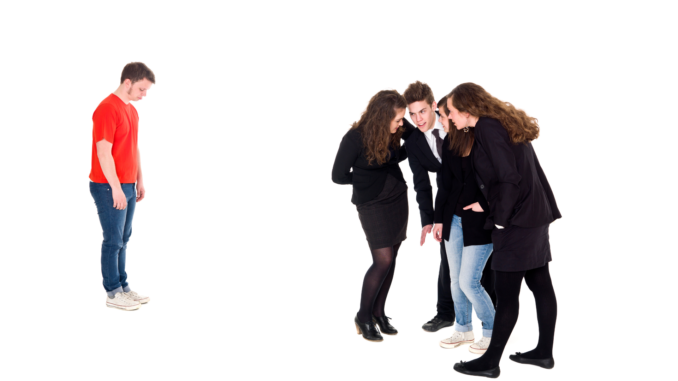
Arguably every single adult with ADHD is also very sensitive to what other people think or say about them (even if those things were not actually thought or said). This is sometimes called rejection sensitive dysphoria (RSD), which although not part of the diagnostic criteria for ADHD in adults, is thought to be present in virtually every one of us . RSD has been described as being gently slapped when you have emotional sunburn. It hurts more.
RSD can have a marked impact on the life of an adult with ADHD. People who have the condition sometimes work hard to make everyone like and admire them (people pleasers). Alternatively, they might stop trying altogether and avoid any situation where they might get hurt. This can have significant impacts on work and relationships.

The symptoms of RSD can vary among individuals, but they may include:
- a chronic fear of rejection
- obsessively thinking about negative experiences, especially experiences of perceived or actual rejection
- misperceiving constructive criticism or neutral feedback as rejection
- perceiving rejection when it has not actually occurred
- viewing minor rejections as being catastrophic
- either perfectionism or people-pleasing tendencies
Whilst there might appear to be some hope, the evidence behind the effectiveness of treating RSD is almost non-existent. Therapy, medication, antidepressants and reasonable adjustments at work are all touted as being possibly helpful with little or no evidence that they are.
Other advice includes managing the stress in your life, but again no evidence is offered for this. There is some evidence that a package of psychoeducation, mindful breathing and a ‘rejection therapy game’ helps borderline personality disorder, but whether this translates to adults with ADHD remains to be seen.
Author: James Brown PhD.
Editor: Alex Conner PhD.


Leave a Reply
You must be logged in to post a comment.